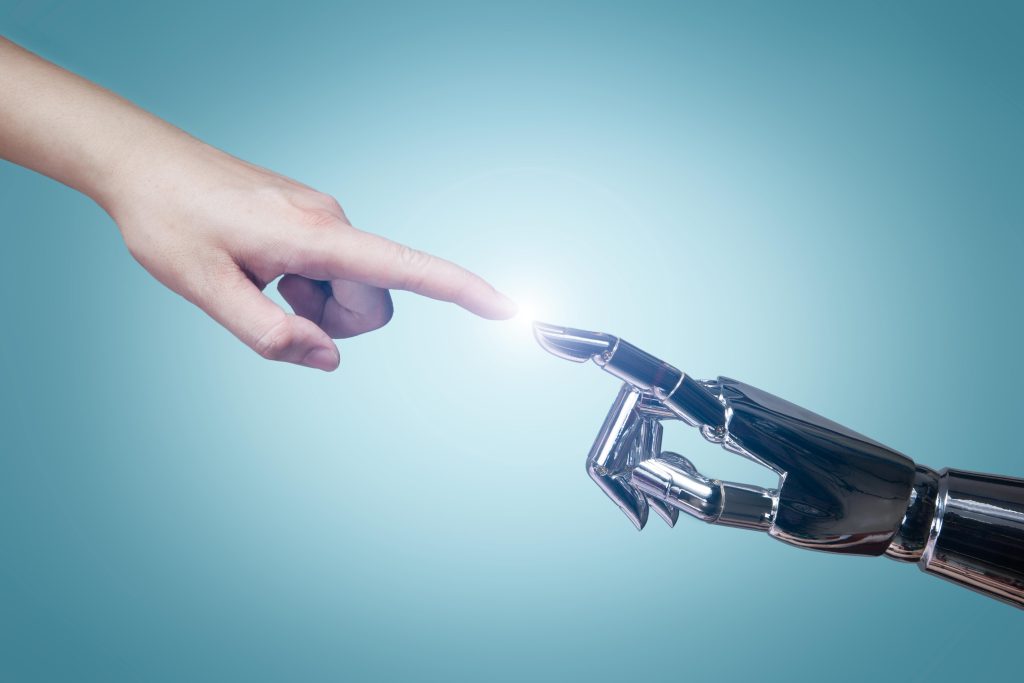USPTO: Patents on AI creations ‘should have significant human contribution’
USPTO issues guidance on AI-assisted inventions, emphasizing human contributions for patent eligibility. Inventorship analysis focuses on significant human input.

The United States Patent and Trademark Office (USPTO) has issued a guidance for inventions assisted by AI in response to the “Executive Order on the Safe, Secure, and Trustworthy Development and Use of Artificial Intelligence” from 30 October 2023.
In its 27-page document, the guidance clarifies how the USPTO will analyze inventorship issues as AI systems, including generative AI, become more prominent in the innovation process. Namely, while AI-assisted inventions are not automatically deemed unpatentable, the focus of inventorship analysis should be on human contributions. Patent protection can be sought for inventions where a natural person made a significant contribution.
The USPTO invites public comments on this guidance for AI-assisted inventions, emphasizing the importance of incentivizing and rewarding human ingenuity in the patent system.
Why does it matter?
The rapid development of AI has raised legal and ethical questions regarding intellectual property protection. As we explained in the first part of our AI and Intellectual Property (IP) analysis, maintaining IP protection only for human-created works risks putting AI-generated creations in the public domain, affecting innovation and creators. If lawmakers adopt a different stance regarding intellectual property and AI, it may significantly affect human creators and hinder their creative processes. The approach taken by the USPTO seems to be the first step in setting principles on how to ‘ethically’ use AI without preventing its innovation.
